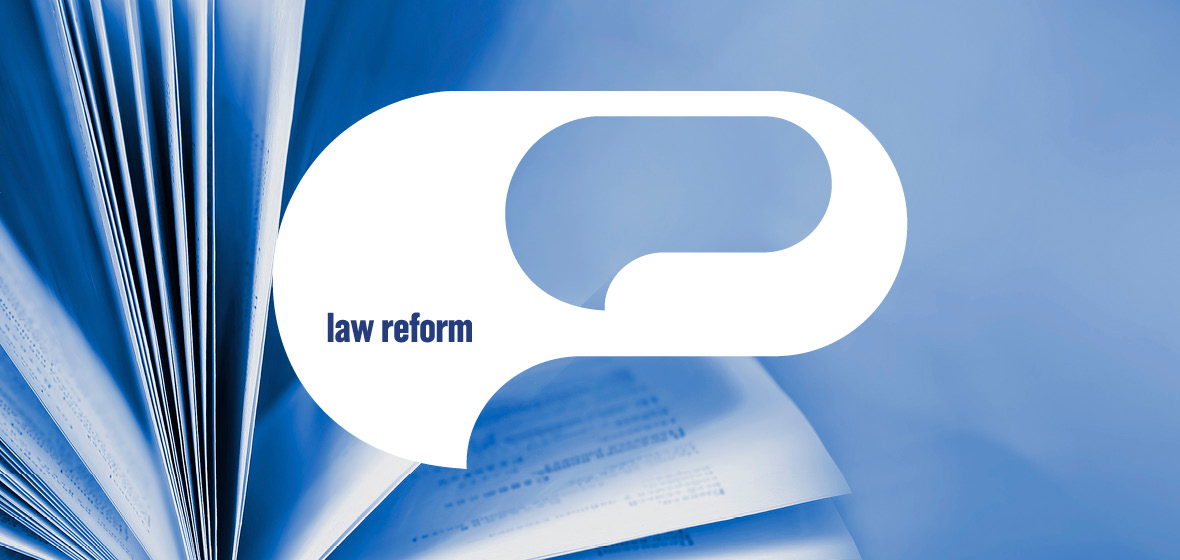Key developments
- Managing concurrent electronic and paper conveyancing processes
- Review of Property Stock and Business Agents Regulation 2014
- Parliamentary Inquiry into the Child Support Program
- Joint Costs Advisory Committee – Legal Practitioners’ Scale of Costs
- Crown Lands Legislation White Paper
- Inquiry into the Manus Island Detention Centre incident 16-18 February 2014
Managing concurrent electronic and paper conveyancing processes
The Property Law Committee reviewed a Consultation Paper issued by Land and Property Information, Conveyancing Reform – Concurrent Electronic and Paper.
The committee broadly supports the proposal to align paper and electronic conveyancing requirements on the basis that this will assist solicitors in moving to electronic conveyancing and provide a single efficient approach to client engagement. Additionally, during the start-up phase for electronic conveyancing, solicitors are likely to operate in both paper and electronic environments.
The consultation paper acknowledges that a proportion of transactions will continue in the paper environment for some time and that implementation of the reforms outlined in the consultation paper is likely to be staged. The committee noted that the timeframe for implementation, together with appropriate communication and education, will be critical to a smooth transition for solicitors. The committee has significant concerns in relation to several options being considered in relation to the removal of the requirement for mortgagees to consent before the registration of subsequent dealings. The current process for mortgagee consent is being reviewed in light of the gradual phasing out of paper certificates of title.
The committee favoured replacing the current practice of producing the certificate of title with a mortgagee being obliged to provide an electronic control of the right to deal (CoRD) consent. Other options that allowed registration of dealings during the life of the mortgage without the mortgagee’s prior consent unduly focused on ease of process rather than protection of the mortgagee’s interest and the paramountcy of the register. In the committee’s view, simplicity of process at the point of registration appears to be very much outweighed by the resultant complexity and uncertainty.




